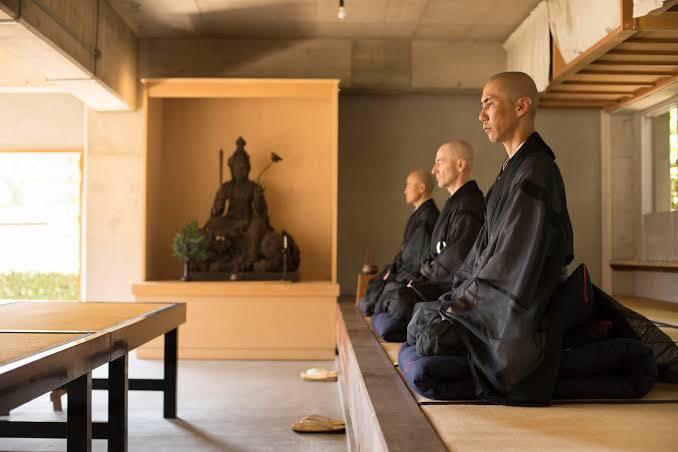BY
Dr G Om Prakasham
Chairman, Lotus Wellness
Consultant Cardiac Surgeon
Zen and it’s Meaning in Recovery
When people first become sober their life can lack meaning. This is a dangerous situation because if life does not have any real purpose the individual may not believe there is any point to staying sober. This lack of meaning in life can be used for justification to relapse. When people are in the midst of their addiction it is alcohol and drugs that is their main concern. The purpose of life is to find, consume, and get over the effects of these chemicals. When the individual becomes sober it is vital that they find a new meaning in their life – this could be provided by Zen.
Zen as a Religion or Philosophy
There can be some debate as to whether Zen should be described as a religion or a philosophy. However, there is no supreme god in Buddhism, and the Buddha invited people to investigate his teachings for themselves – there is far less emphasis on accepting things based on faith than other religions. It is up to the individual practitioner to decide if they are adopting
Zen as a religion or as a philosophy.
Zen Explained
Zen is a school of Buddhism that originated in China (there it is called Chan) and later spread to Korea, Viet Nam, and Japan. An Indian monk known as Bodhidharma is credited with bringing Buddhism to China around the sixth century CE. Zen emphasizes the importance of meditation as a means to achieve enlightenment. The original teachings can be traced back to Sakyamuni Buddha who is believed to have lived between 563 BCE and 483 BCE.
The aim of Zen Buddhism is for humans to see the reality of their situation. The most basic of the Buddha’s teachings are the
Four Noble Truths and these are:
• There is suffering and this can be physical or emotional. The Buddha is often misquoted as saying that life is suffering, but he only pointed out there there is suffering.
• The cause of suffering is craving and ignorance. The individual is ignorant of their true nature and believes that happiness can be found by pleasuring their senses.
• It is possible to escape the suffering of life.
• The eightfold path provides a path that will help people escape from suffering.
The Eightfold path is made up of:
• Right thoughts
• Right understanding
• Right effort
• Right speech
• Right action
• Right livelihood
• Right concentration
• Right mindfulness
The Zen View of Addiction
From the Zen perspective addiction may be viewed as an extreme form of attachment. It is an attempt by people to fill up a space missing from their life and dampen their pain. The missing space that a individual wishes to escape is often referred to by addicts as a hole in their soul. According to Zen Buddhism this feeling of something missing arises because the individual wrongly views themselves as being a me completely separate from the rest of existence. In order words, people become addicted to alcohol or drugs because of a mistaken idea about what they actually are. If the individual can see the reality of their situation there will be no need for any substance abuse – this is the aim of Zen.
Practicing Zen can help people stay away from alcohol and drugs permanently. This is because it allows the individual to see the true nature of their situation and that substance abuse will not be able to fix them. Practices such as meditation can lead people on a path away from addiction towards an end to their suffering. The practitioner begins to enjoy clarity in their mental processes, and the idea of numbing their brain with chemicals no longer seems so attractive.
Types of Zen Practice for People in Recovery
There are a number of Zen practices that can be of value to people in recovery including:
• Zazen can be translated as seated meditation. This is the heart of Zen practice and the aim is for the practitioner to develop insight into the nature of reality.
• Koan practice can be done during seated or walking meditation. It involves considering a set of ideas that are paradoxical as this forces the brain into thinking in a new way.
• Chanting is a practice that allows the practitioner to unify their body and mind. This technique can increase levels of concentration and help the individual gain a better understanding of reality.
How to Practice Zazen
Zazen is usually considered the heart of Zen practice. It is best to learn this type of meditation under the guidance of an experienced teacher. The practice of Zazen usually involves:
• The practitioner needs to wear clothing that will not be restrictive in any way or cause them to become uncomfortably warm.
• Find a comfortable position that is stable and allows the breath to flow freely. Most practitioners will sit on the floor and use a pillow (Zafu), but it is also possible to do Zazen while sitting in a chair.
• The spine needs to be straight when doing this type of meditation because this allows the diaphragm to move more freely.
• When practicing Zazen it is usual for people to breathe through their nose. The tongue touches the roof of the mouth as this reduces salivation.
• It is not usual to close the eyes fully in this type of meditation. Instead the practitioner focuses their gaze on the ground a couple of feet in front of them.
• The session begins by repeatedly counting the breaths up to ten – this means counting the inhalations and the exhalations.
• Every time that the practitioner notices that their mind has wandered they need to bring it back to counting the breath.
• Once people feel comfortable counting each inhalation and exhalation without being distracted they can then switch to counting each cycle of breath.
• Advanced practitioners will eventually be able to stop counting and just observe the breath.
Things to Consider When Practicing Zazen
If people hope to benefit from the practice of Zazen there are a few things worth considering:
• In order to get the most from this practice it is necessary to meditate regularly. This means doing Zazen every day.
• It can be more beneficial to do Zazen as part of a group.
• The problem with practicing this meditation alone is that it is easy to go off track. The goal of a Zazen instructor is to keep the practitioner on the right path.
• Beginners can start off by meditating for ten minutes per day and then building up from this to longer sitting times.
• Sitting in Zazen and expecting something special to happen defeats the practice.
ABOUT LOTUS – India’s Finest Luxury Rehab
Lotus is a World Class Wellness and Rehabilitation Center in Coimbatore with a holistic approach. It is known to offer the best programs for Detox , Deaddiction, Mental Health and Absolute Wellness in India .
CONTACT LOTUS
We at LOTUS are happy to help you or your loved one overcome his or her addiction and stand up for RECOVERY .
LOTUS WELLNESS AND REHABILITATION CENTER
Pollachi, Coimbatore , Tamilnadu , India
Call confidentially 24/7 (+91 7339062555)
Reach us at info@lotuswellness.life
To know more about us visit our website
www.lotuswellness.life

